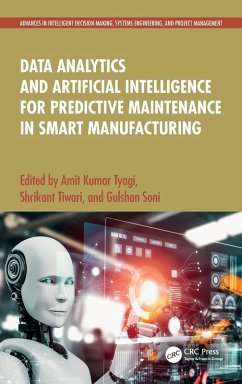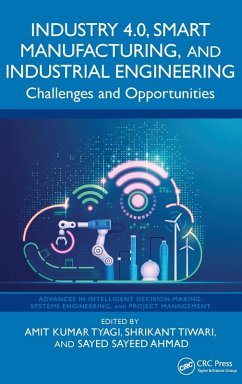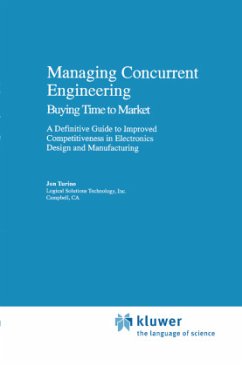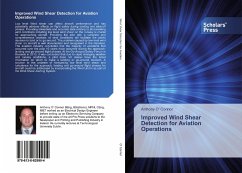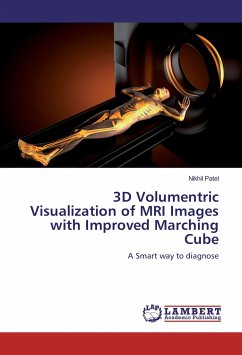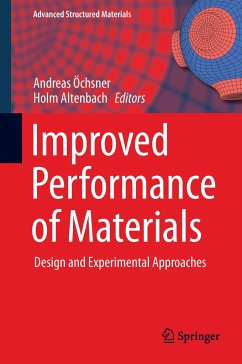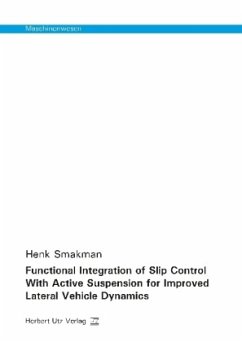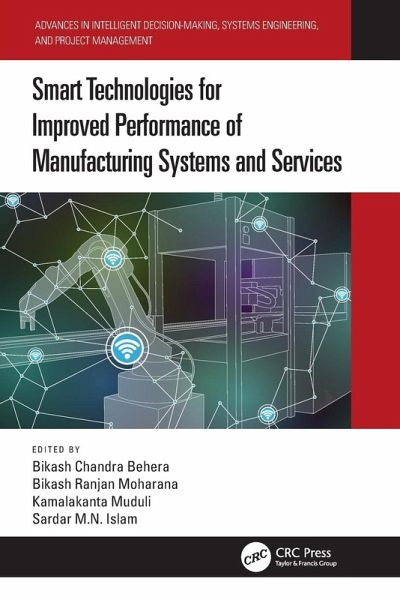
Smart Technologies for Improved Performance of Manufacturing Systems and Services
Versandkostenfrei!
Versandfertig in 6-10 Tagen
45,99 €
inkl. MwSt.

PAYBACK Punkte
23 °P sammeln!
This book discusses smart technologies and their influence in the field of manufacturing and industrial systems engineering, in the context of performability enhancement, and explores the development of the workforce for the execution of such smart and advanced technologies.Smart Technologies for Improved Performance of Manufacturing Systems and Services discusses the integration of smart technology into the production process and supply chain to enhance the overall performance of manufacturing industries. As well as emphasizing the fundamentals of smart technologies, such as artificial intell...
This book discusses smart technologies and their influence in the field of manufacturing and industrial systems engineering, in the context of performability enhancement, and explores the development of the workforce for the execution of such smart and advanced technologies.
Smart Technologies for Improved Performance of Manufacturing Systems and Services discusses the integration of smart technology into the production process and supply chain to enhance the overall performance of manufacturing industries. As well as emphasizing the fundamentals of smart technologies, such as artificial intelligence, big data, and cyber-physical systems, it highlights the role that machine learning plays along with other smart technologies. Real-time case studies highlight the applications of smart digital technologies, and research insights into the area of performability and overall sustainable development round out the great range of discussions this reference book has to offer.
Managers and stakeholders seeking coverage on techniques and methods for integration into their organizations, as well as students and researchers in the field will find this book very useful.
Smart Technologies for Improved Performance of Manufacturing Systems and Services discusses the integration of smart technology into the production process and supply chain to enhance the overall performance of manufacturing industries. As well as emphasizing the fundamentals of smart technologies, such as artificial intelligence, big data, and cyber-physical systems, it highlights the role that machine learning plays along with other smart technologies. Real-time case studies highlight the applications of smart digital technologies, and research insights into the area of performability and overall sustainable development round out the great range of discussions this reference book has to offer.
Managers and stakeholders seeking coverage on techniques and methods for integration into their organizations, as well as students and researchers in the field will find this book very useful.






